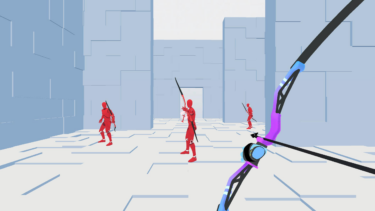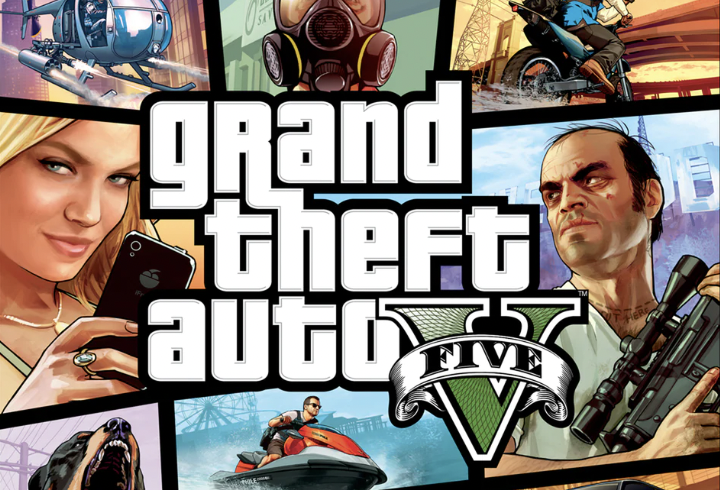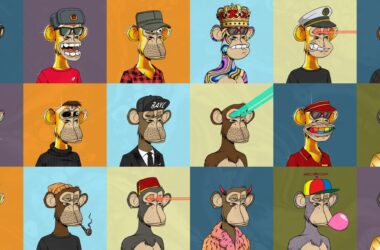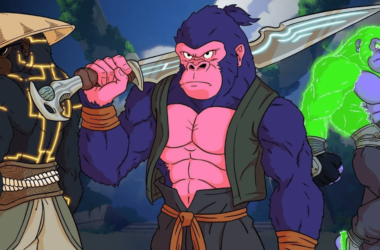For some time gaming has been optimistically viewed by crypto entrepreneurs as perhaps the great catalyst that will usher in a wave of mass adoption, forever changing the world by introducing the masses to the benefits of digital ownership.
Or something like that.
Well, with Take-Two Interactive Software, publisher of one of the world’s most popular video gaming, “Grand Theft Auto,” launching a blockchain-based game, the floodgates may finally be on the verge of bursting open, said Urvit Goel, a former Amazon gaming executive who now heads business development at Polygon Labs.
“These are the early signals the blockchain gaming industry needs to drive its validity within the broader gaming industry,” said Goel, adding big gaming publishers have been hesitant to release blockchain titles where players have more control over their assets. He said existing ecosystems, like Take-Two’s “Grand Theft Auto,” or Electronic Art’s “Madden” and “FIFA” franchises already generate billions of dollars in in-game transactions each year. And many gamers have also been wary.
So why upset the apple cart?
But then earlier this week Take-Two announced it is launching a new video game on the Ethereum blockchain. Released through its mobile gaming subsidiary Zynga, which it paid $12.7 billion for last year, “Sugartown” will allow players to collect, own and trade NFTs.
This is a huge vote of confidence, according to Goel. From Take-Two’s perspective “any opportunity that can’t generate hundreds of millions [of dollars] in top-line growth is not worth investing in,” he said. “Thus it means the team believes that this is a market large enough to allocate resources too.”

Asian frontrunners
Goel affirms that with major Asian game developers also pursuing crypto gaming opportunities, other major publishers like EA and Activision Blizzard, which releases the “Call of Duty” games, will join Take-Two in the blockchain arena. The Polygon executive noted that as the aforementioned gaming companies from the West eventually followed Asian developers into new gaming verticals, it will be the same with blockchain-enabled titles.
“Your developers based out of Asia Pacific — or let’s say more specifically Korea and Japan — they have always been frontrunners of new technology,” said Goel. “If you go back to when mobile became a thing, or free-to-play became a thing, you can see once again it wasn’t the Electronic Arts, the Activisions or Ubisofts that were first to mobile.”
The Polygon executive’s prognostications of a shift in the gaming world are supported by recent developments, like Epic Games teaming with Nike to allow players of “Fortnite” to claim digital sneaker NFTs. Epic has also started selling blockchain games on its online store.
Goel could be talking his own book. Both Korea’s Nexon and Japan’s Square Enix both tapped Polygon earlier this year as their blockchain partner for new crypto gaming ventures.
Nexon, which as Korea’s largest gaming developer and publisher generates billions of dollars in annual revenue, enlisted Polygon to help build a blockchain-powered component to its popular MapleStory universe. The web2 version of MapleStory already has more than 280 million players around the world. In the case of Square Enix, the company behind “Final Fantasy,” Polygon is aiding the developer as it creates an “interactive web3 digital collectible art experience” called Symbiogenesis.
Polygon Labs’ Layer 2 blockchain, which is faster and cheaper than Ethereum, the base network Polygon scales on top of, has been popular with some more traditional tech companies like Reddit and old-school game developer Ubisoft, which chose it to help create NFTs for its popular “Assassin’s Creed” franchise.
The protocol’s main rivals include fellow Layer 2s like Arbitrum and Layer 1 blockchains like Solana and Avalanche, according to Steven Zheng, director of The Block Research.
Source: The Block







